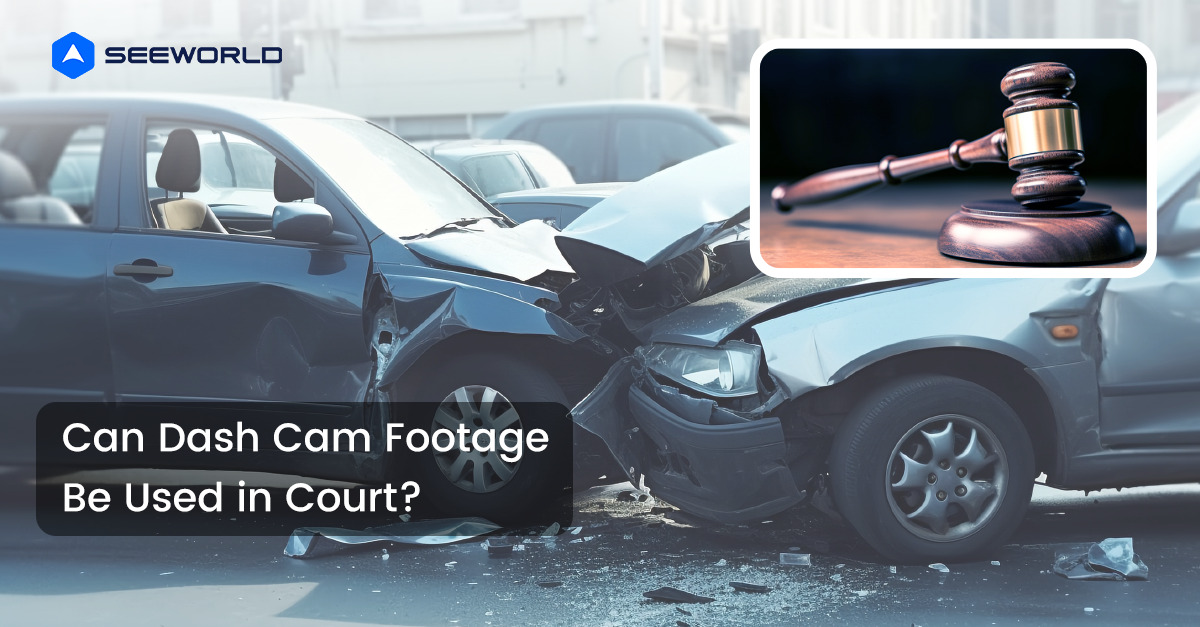A car GPS tracker can be a helpful tool. But how accurate are GPS Tracking devices?
The advancements in technology regarding GPS tracking devices and their effectiveness have made the debate on the legality of these devices widely known across the country. However, most people still need to learn where the line needs to be drawn regarding using GPS tracking devices.
Overall, this technology is valuable and could be used for the greater good by people who need it. We must keep an eye on how far we let it progress for our privacy and evaluate the accuracy of its data. Many factors can affect the accuracy of a GPS tracking device, including the transmitting device. These issues must be considered when the performance of a GPS tracking system is discussed.
A GPS can sometimes be guilty of providing inaccurate information, but it usually does so because of these external factors. These inaccuracies do not compromise the overall accuracy of a GPS tracking system.
GPS Tracking Device Technology: The basics
A GPS tracker is a device that allows you to monitor the exact location of your vehicle. The device usually consists of a battery-powered transmitter and receiver mounted on the dashboard, which transmit and receive signals from satellites orbiting the Earth. The GPS tracker can provide information about your vehicle’s location, giving you a complete record of its travels.
GPS tracking devices are the industry standard for car owners who want to keep tabs on their vehicles. The devices can be purchased in many different sizes, ranging from small enough to fit your keychain to too large to mount on your windshield.
The Importance of GPS Tracking Device Accuracy
The GPS tracking device accuracy is one of the most critical aspects of the device. A good GPS tracker can track your car at any time and place. It is important to note that most GPS trackers cannot track the vehicle if it is not moving. This means that if you leave your car parked on the street, no one will be able to find it.
The best way to start using a GPS tracking device is by getting a model with a maximum range of at least 3 miles or 4 kilometers. This will ensure that you can keep an eye on your vehicle even when it is parked in a remote location, like in your garage or backyard.
Factors that Affect the Accuracy of GPS Tracking Devices
Here are a few crucial things to consider before purchasing a GPS tracker:
Battery life
A great feature of most GPS trackers is that they have rechargeable batteries that last a long time. The battery life depends on your chosen model and how often you use it. For example, some models offer up to a year of battery life between charges, while others offer just a few days of use before needing charging again.
Distance range
GPS trackers can only accurately track your vehicle within its range. If you want your tracker to track your car from point A to point B but not vice versa, it will only work appropriately if both points are within their range.
Satellite signal strength
Satellite positioning is an essential element in GPS tracking device accuracy. The distribution of satellites is crucial as it affects the strength of the signal on the device. You will need at least three satellites for a higher level of GPS accuracy.
What Is Dead Reckoning?
GPS tracking devices’ Dead Reckoning refers to the ability of a GPS device to determine where it is on the planet, even when no signal is available.
By using dead reckoning, the GPS unit can estimate its position by adding up all the known locations of other GPS-enabled devices in range.
Dead reckoning is a navigation technique that uses the GPS receiver to calculate its position based on the satellite positioning system (SPS) signal strength.
The GPS receiver calculates its current position by taking into account the time taken for the signal to reach the GPS receiver using signals from 2 or more satellites.
The accuracy of a device’s dead reckoning depends on several factors:
- Device type (handheld vs. mounted)
- Operating temperature and altitude Power source
- Speed of travel
The receivers then use this information to determine their location by comparing their distance from each satellite. Dead reckoning uses only one satellite’s signal and does not consider other signals, such as those from cellular towers or WiFi access points.
For example, suppose you are outside in a city with many tall buildings and no tall buildings. In that case, your GPS will only be able to get an accurate location reading if fewer objects are in the way. It needs to get more satellite signals for a precise location calculation.
Types of Dead Reckoning
Dead reckoning works in two ways:
Direct Dead Reckoning (DDR):
The device uses satellites to receive its location information and then uses that information to determine its distance from each satellite. This method requires a constant connection to satellites, so it will not work indoors or underground.
Indirect Dead Reckoning (IDR):
The device uses GPS data from a map database and determines its location based on that information.
How to Improve the Accuracy of GPS Tracking Device
GPS tracking devices can be beneficial for police officers, private investigators, and others who need to monitor the movements of a target. However, these devices are only as accurate as the operator.
By fine-tuning your GPS tracking device settings and taking steps to ensure that the device is working correctly, you can improve the accuracy of your device.
To improve the accuracy of your GPS tracking device, you need to:
- Use its maximum operating range.
- Check its signal strength periodically.
- Ensure it is installed correctly and in an unobstructed location on your vehicle or person.
- If possible, ensure the device is kept from the ground.
Conclusion
As GPS tracking devices have evolved, they have become even better at providing accurate information to assist in the resolution of investigations. It is essential for security officers to be able to rely on the information that these devices offer.
When false information is relayed, it is not only a disservice to the officer but also jeopardizes any search and rescue mission. While there are many ways to track down the location of a subject, advancements in technology have led to an increased reliance on GPS tracking devices inside of GPS mobile phones.
A GPS tracking device is a worthy investment for anyone looking to monitor the activities of their employees. Technology is becoming increasingly advanced, offering many features to help businesses create systems and programs that best support those they serve. Ultimately, the decision can be difficult, but the resulting payoff can be enormous.



